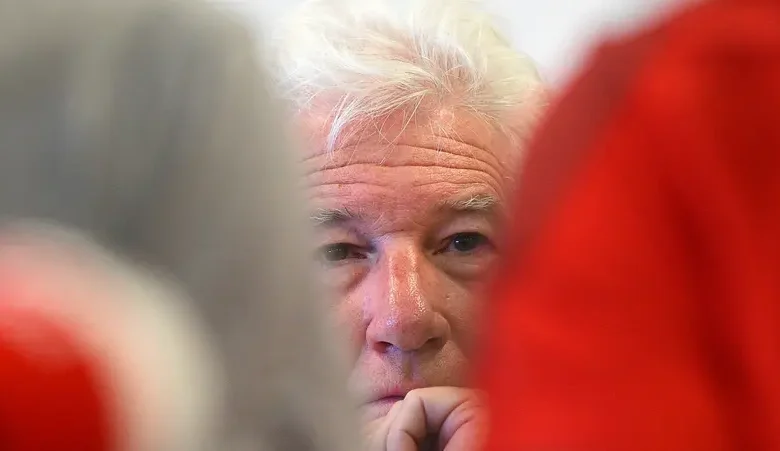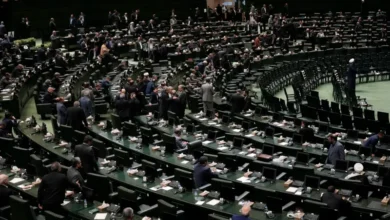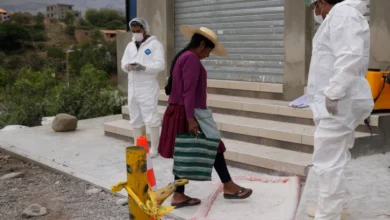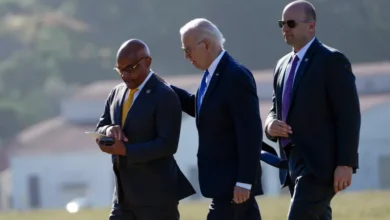Actor Richard Gere urges US lawmakers to back Tibet

Hollywood star Richard Gere voiced outrage Tuesday over the “cruelty” of Chinese policies in Tibet, as US Congress debated ways to pressure Beijing over alleged human rights violations the Himalayan region.
Testifying before the Congressional-Executive Commission on China, the “Pretty Woman” actor accused Chinese authorities of separating Tibetan families, prohibiting their language, destroying religious sites and engaging in nonconsensual DNA collection.
“For decades, as we know, the Chinese Communist Party’s ethnic policies have been largely predicated on containment, denial, destruction and assimilation,” said Gere, a longtime champion of Tibet who has testified in Congress several times.
The 73-year-old accused Beijing of “cruelty, collective violence and persecution” of the Tibetan people, whom he said were repressed by a “pervasive surveillance system.”
Tibet has alternated over the centuries between independence and control by China, which says it “peacefully liberated” the rugged plateau in 1951 and brought infrastructure and education to the previously underdeveloped region.
But many exiled Tibetans accuse China’s ruling Communist Party of repression, torture and eroding their culture.
Around a million Tibetan children have been separated from their families and put through “forced assimilation” at Chinese residential schools, three United Nations experts said in February.
“Identifiable mechanisms like arbitrary detention, forcible transfer, rape, torture, disappearance are all tools that have been well-documented throughout the course of Beijing’s assimilation practices,” Gere said.
He called on the United States and its allies to “speak with a unified voice” on the need for Beijing to resume talks leading to “meaningful autonomy” for Tibetans.
Congress should pass legislation underscoring US support the Tibetan people, Gere said, urging Washington to press China at the United Nations to halt the expulsion of nomadic herders from their ancestral lands.
He urged lawmakers to produce a report on China’s efforts to influence perceptions of Tibet and spiritual leader the Dalai Lama abroad — and to curb US support for the forced collection of DNA and other medical data.










